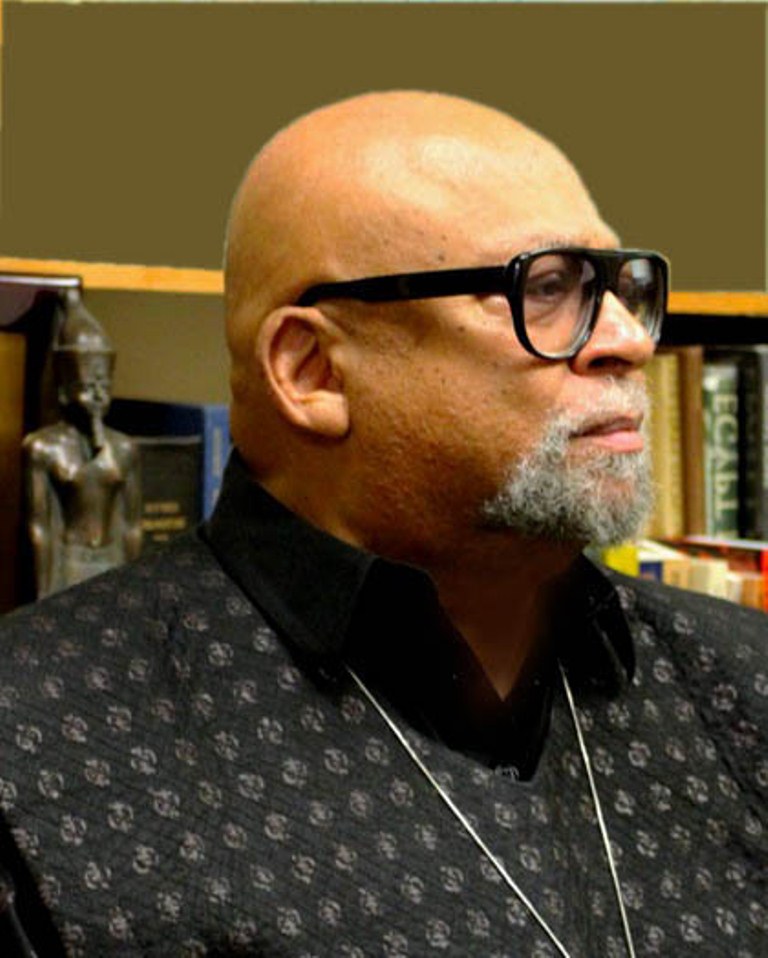
Black innovators who reshaped American gardening, farming
The achievements of George Washington Carver, the 19th century scientist credited with hundreds of inventions, including 300 uses for peanuts, have landed him in American history textbooks. But many other agricultural practices, innovations and foods that traveled with enslaved people from West Africa _ or were developed by their descendants _ remain unsung, despite having revolutionized the way we eat, farm and garden. Among the medicinal and food staples introduced by the African diaspora were sorghum, millet, African rice, yams, black-eyed peas, watermelon, eggplant, okra, sesame and kola nut, whose extract was a main ingredient in the original Coca-Cola recipe.






